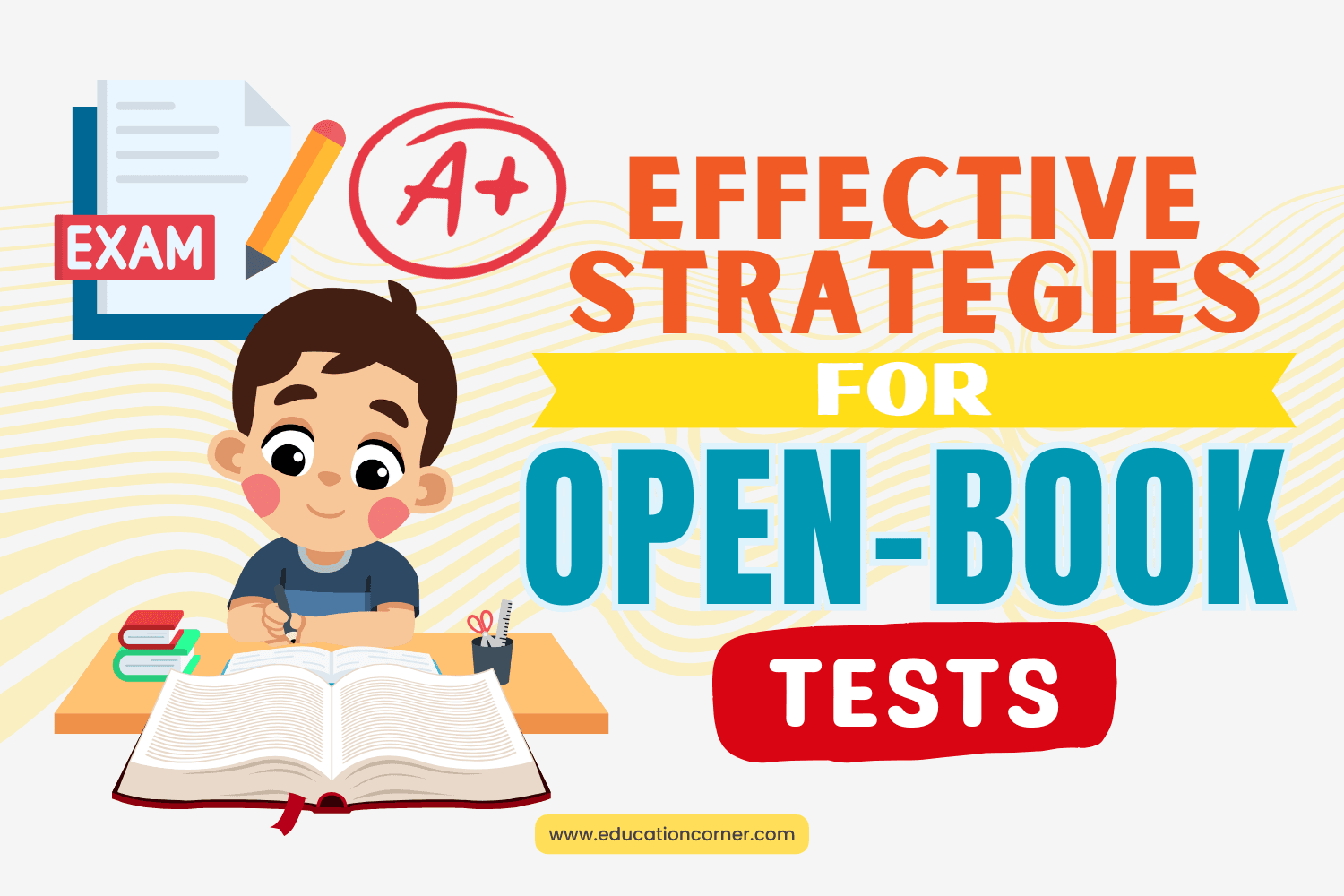Unlike traditional closed book exams where students are required to rely solely on their recall of exam topics, open book exams allow students to consult reference materials (notes, textbook, etc.) in the course of completing the exam. But don’t be deceived. Just because an exam is an open book doesn’t mean it will be easier, or any less challenging, than a closed book exam. In fact, the opposite is often true.
While closed book exams place emphasis on memorization and recall, open book exams place focus on higher level learning and typically require students to evaluate, analyze, or synthesize information, rather than simply remember it. The strategies outlined below will help improve your performance on open book tests.
Preparation is key
Open book exams focus on “higher level learning”. What does this mean? It means that you don’t focus on rote memorization or recall. The purpose of the open book exam is to test your understanding of a subject matter. You’ll be asked to formulate, compare, analyze, evaluate, or synthesize information, rather than just recall it.
Consequently, open book exams are often more challenging than other types of tests – even with a plethora of reference materials at your fingertips. Since open book tests can be more challenging than other types of tests, you must adequately prepare. Approach your preparation for an open book exam like you would any other test.
Don’t place too much emphasis on reference materials
One of the biggest mistakes students make when preparing for an open book exam is placing too much emphasis on reference materials. During an open book exam, especially a timed exam, extensive notes, textbooks and other reference materials can quickly become a crutch rather than an asset. Don’t expect to have time to review your notes, re-read your textbook, or discover new information during an open book exam – because you won’t.
You can greatly benefit by writing down important facts or information on a separate sheet of paper right after getting the test. This will decrease the time you spend using the book. It is very probable that you will not complete the test if you use it for every question.
Organize your reference materials
There is a famous quote by Barbara Benedek which says, “More isn’t always better. Sometimes it’s just more.” This could very easily be applied to open book exams. In the case of open book exams, and test reference materials, not only is more sometimes just more, sometimes it’s actually less.
Taking extensive notes, books and other reference materials to an open book exam is rarely beneficial, in fact, in most cases it will hinder performance. Your reference materials should be exactly that, “reference” materials.
Make sure all reference materials you bring to the exam are organized and that you know ahead of time exactly where all information is that you may need to assist you in answering questions.
Carefully select what you bring to the exam. It may even be useful to create an outline of your reference materials so that you can quickly find important information once the test has begun.
In preparation for your open book test, identify key concepts and terms which will more than likely appear on the test. Use your class lecture notes to pinpoint what the instructor is likely to include on the exam.
After you’ve done this, locate where this information is covered in the book you’re permitted to use for the test or in your notes. Once you’ve begun your test, with respect to your reference materials, your main concern is locating information, not studying it. You should come to the test already having studied all key concepts and topics.
If it’s permitted, highlight sections of the book where important subjects are covered. Also, write notes in the book’s margins to utilize during the test. It is also useful to place post-it notes with important information in key sections of the book for easy accessibility during the test. In the case of open book math and science exams, list out important data and formulas separately for easy access during the test.
Familiarize yourself with key concepts
Many students do not familiarize themselves with key concepts before open book tests. Students often figure that they can simply look up answers while they’re taking the test. However, open book tests usually cover more information and take longer to complete than traditional tests.
You’ll likely run out of time if you rely on your book for every answer. Your book and notes should only be used as reference resources for difficult questions or questions that require specific information.
Don’t plagiarize
Never copy information directly from the book and pass it off as your own work or answer on an open book test. Teachers are concerned with what their students have learned, not whether they can locate information in a book. It is permissible to use quotes from the book, or lecture notes, to support your positions or analysis, but do not rely too heavily on them.
Manage your time effectively
The same time management rules that apply to general test taking also apply to taking open book tests. First, at the offset of the test review how many questions there are and determine how much time you can spend on each question. Then answer the questions you are familiar with before answering those that are more difficult or will require using your reference materials.
Finally, don’t over answer questions. Be concise, accurate, yet thorough. This will make it possible to complete the open book test on time and achieve a higher score.
Once finished, you should spend any extra time reviewing and proofreading your work for grammatical or spelling errors.
For general test preparation tips we recommend:

